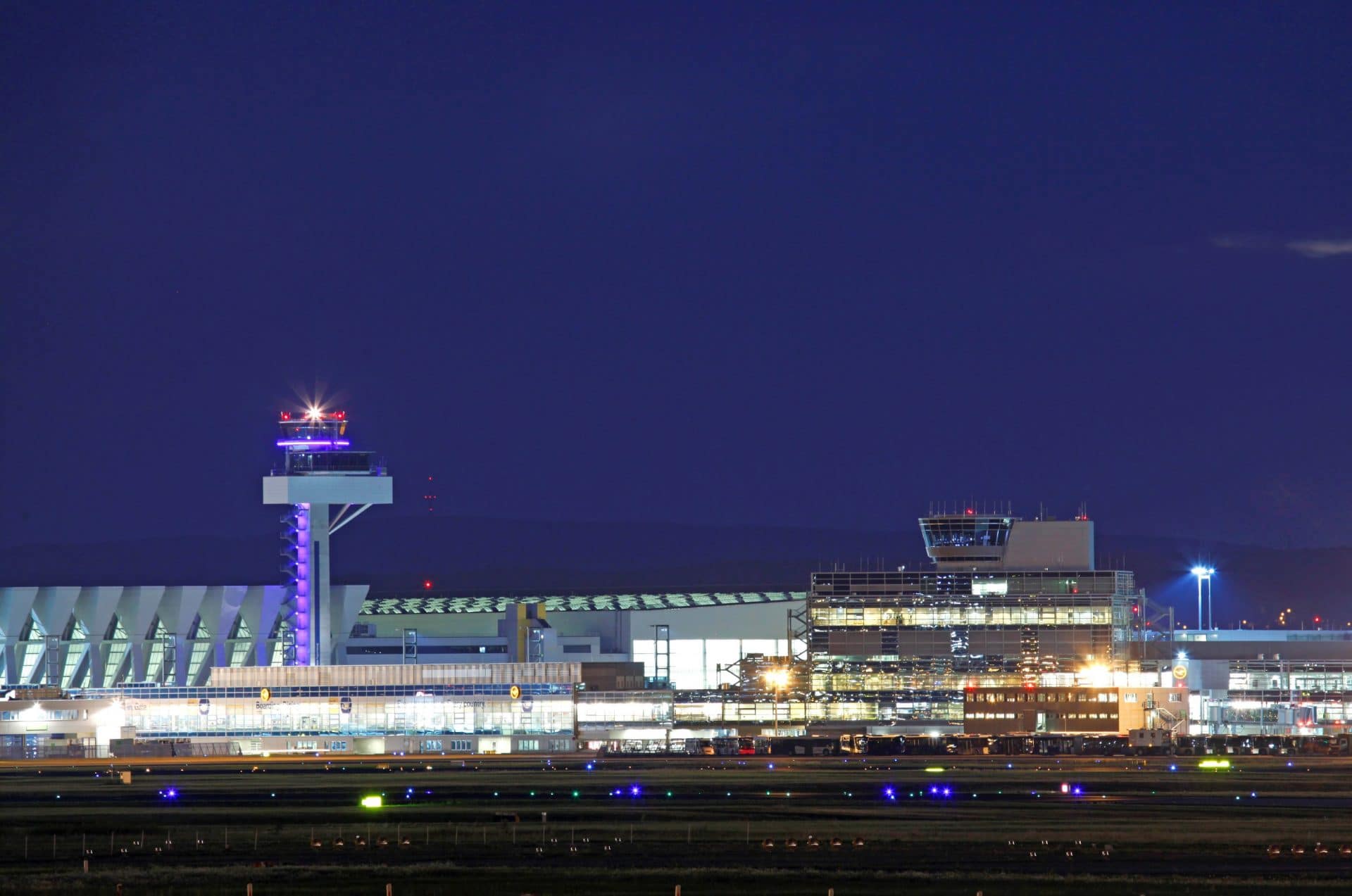
Volatile jet fuel prices, reinvigorated US competition, overcapacity and slowing passenger growth will pile pressure on the credit quality of European airlines in 2019, particularly the smaller, less diversified carriers, says Scope Ratings.
"The overall credit outlook for the sector remains negative. The gap between the creditworthiness of larger airline operators and smaller carriers set to widen further as trading conditions become more difficult," says analyst Sebastian Zank. Median overall debt in the sector has risen around 40% since 2010, though off-balance sheet operating leases, favoured by smaller airlines over buying new planes, have jumped by more than 90%.
“Conservatively financed, diversified airlines such as Lufthansa and other larger European airline groups are likely to cope with the turbulence ahead, benefiting from scale and diversification, in terms of brands, bases, and routes,” says Zank.
“The marginalisation of smaller airlines and more industry consolidation appear inevitable,” he says. UK-based regional airline Flybe has recently put itself up for sale. Icelandair, which breached covenants, has agreed to take over local rival WOW Air. Primera Air, VLM, Small Planet Airlines’ German and Polish units, Azur Airlines, SkyWork and Cobalt went into administration in 2018.
“High jet fuel prices, of around USD 85/barrel in November representing an increase of around 15% on average prices for the year to date, will continue to test control controls and squeeze margins,” says Azza Chammem, analyst at Scope.
Scope expects fuel prices, typically representing 15-35% of an airline’s operating expenses, to hover around USD 75-90/barrel, with increasing volatility as a result of geopolitical tensions.
The revived international ambitions of US carriers, with more cash to deploy on expansion after the Trump administration’s hefty corporate tax cuts, promise more competition for European incumbents on transatlantic routes such as Virgin Atlantic, British Airways and Air France-KLM. Smaller carriers such as Norwegian and WOW Air recently cancelled some transatlantic routes. Delta, United and American Airlines plan extra eastbound routes for 2019.
European airlines are already grappling with overcapacity. Steady fleet expansion in recent years combined with more sluggish-than-expected traffic growth, means unit revenues (RPKs) are growing more slowly than capacity (ASKs).IATA itself forecasts an industry downturn in the next 2-3 years. Ryanair, Norwegian, Wizz Air recently lowered their growth forecasts.
“If more consolidation does take place, with capacity taken out of the market, then that should bolster the European industry’s health in the long run,” says Zank.